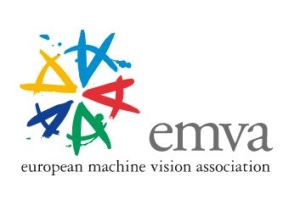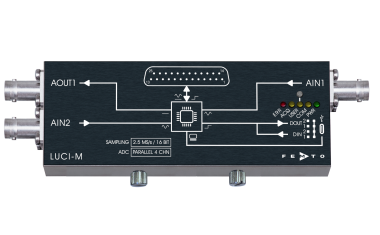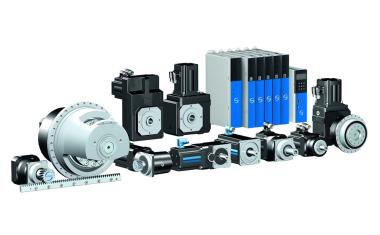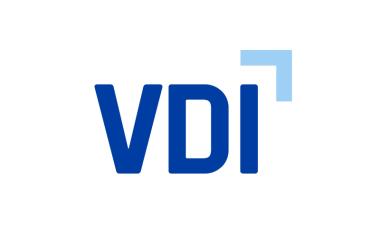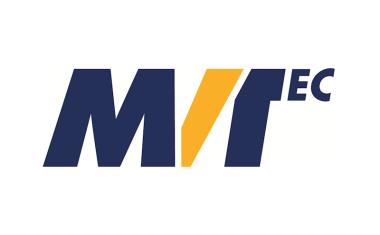EMVA Young Professional Award 2019
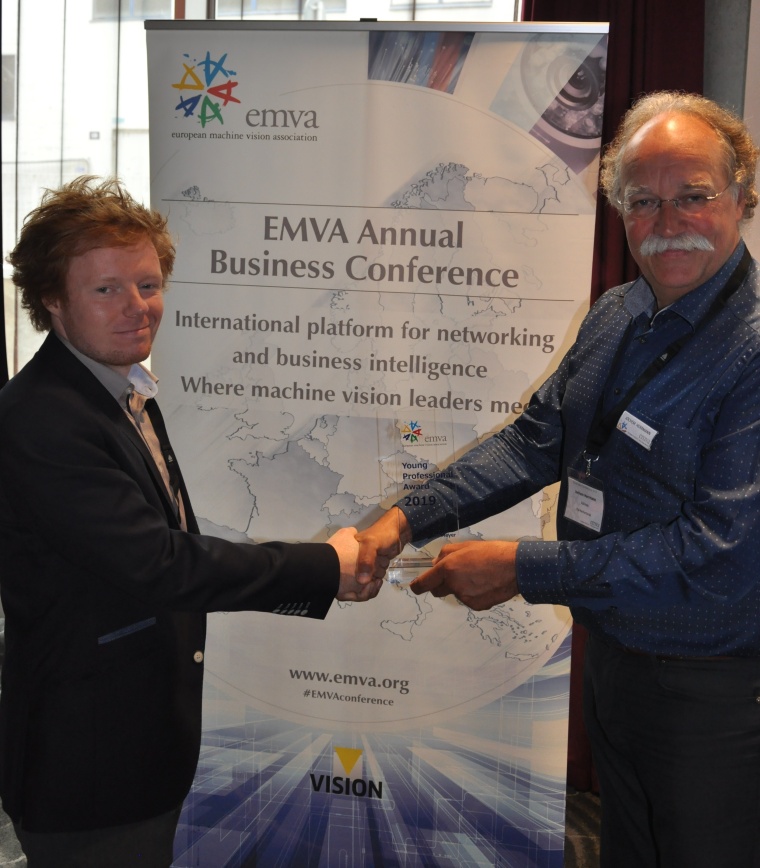
The EMVA Young Professional Award 2019 goes to Dr. Ing. Johannes Meyer for his work "Light Field Methods for the Visual Inspection of Transparent Objects". Johannes Meyer, 31 years old, completed his Bachelor and Master studies in Computer Science at the Karlsruhe Institute of Technology (KIT) from 2008 to 2014. He then worked as a research associate in close cooperation between the Department of Interactive Real-Time Systems (IES) of the KIT and the Visual Inspection Systems Division of the Fraunhofer Institute for Optronics, Systems Engineering and Image Evaluation (IOSB). At the end of 2018, he was appointed Dr.-Ing. For his research by the computer science faculty of KIT. PhD. Since then he has worked for ITK Engineering GmbH in the field of computer vision.
Light Field Methods for the Visual Inspection of Transparent Objects
Objects made of transparent materials are omnipresent in everyday human life. They are used as windshields, spectacle lenses, or as plastic lenses for beam shaping in laser-assisted eye operations. Especially in the latter example, it becomes clear that such objects must meet the highest quality standards. A visual quality check for material defects such as trapped air bubbles or surface scratches is therefore essential. For people, this work is very tedious, the results are often subjective and there is a risk of overlooked defects. Automatic vision inspection systems are a reliable alternative to manual visual inspection. Automatic inspection of complex shaped transparent objects such as lenses, windscreens or similar. however, continues to pose a challenge with various unresolved research issues.
Transparent objects and material defects contained therein influence the propagation direction of light passing through them. For defect detection, therefore, the complete field of light must be considered, not only the location, but also the propagation direction of the light rays. In this work, the light field concept was therefore integrated into the three main components of a test system - the lighting, image acquisition and image processing component. A newly developed sensor system, the Laser Deflection Scanner, enables the acquisition of high-resolution light fields from transparent samples. Using appropriate evaluation algorithms, all material defects from these light fields can be extracted in real time. In addition, a method has been developed for inverse light field illumination, which suppresses all target structures of the DUTs and visualizes defects with high contrast. Extensive experiments have shown that the methods introduced are superior to the state of science and technology in various respects.
EMVA Young Professional Award Part of the EMVA Business Conference
The EMVA Young Professional Award is a prize awarded annually, which honors the extraordinary and innovative work of students or newcomers to the field of image processing. The aim of the European Machine Vision Association (EMVA) is to promote innovation in image processing, to contribute to the important aspect of image processing discipline, and to build a bridge between research and industry. With the award, EMVA specifically encourages students to focus on the technical challenges of machine vision and apply the latest imaging research findings to the practical needs of the industry. The award winner was announced on May 18 at the 17th EMVA Business Conference in Copenhagen, Denmark, where he was given the opportunity to introduce his work to the conference participants.
The 18th EMVA Business Conference will take place from 25 to 27 May 2020 in Sofia / Bulgaria.


